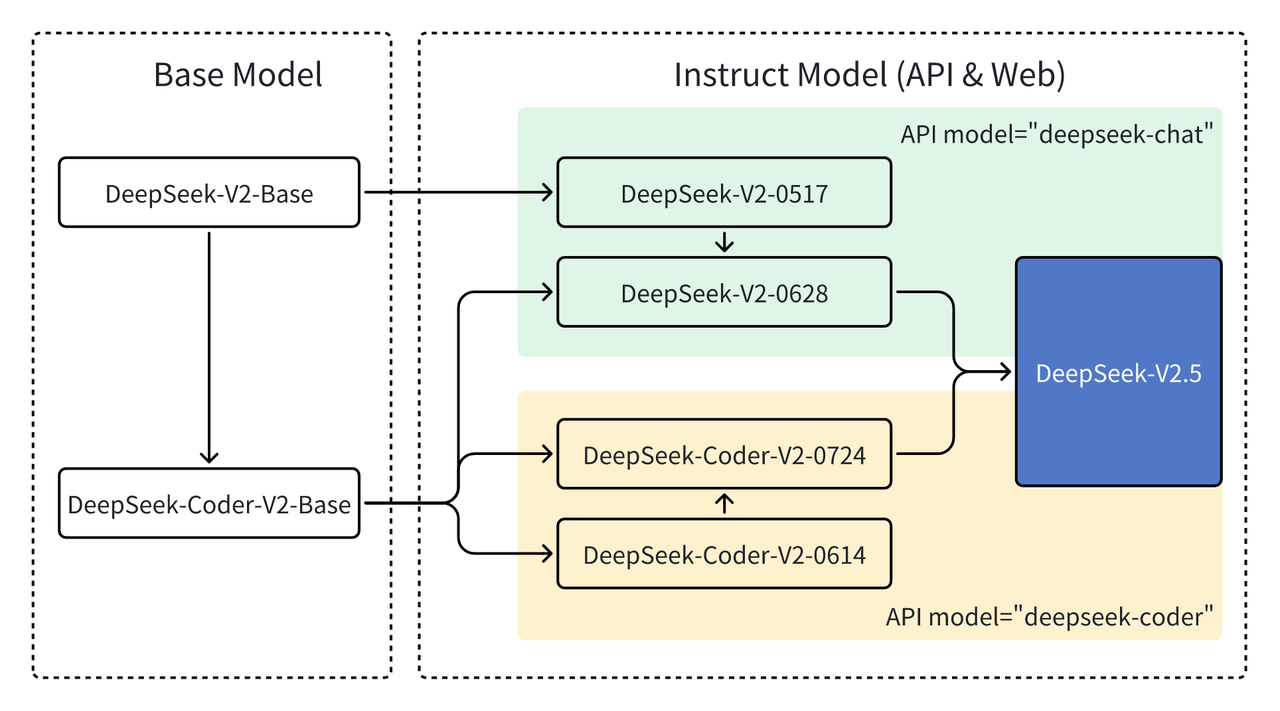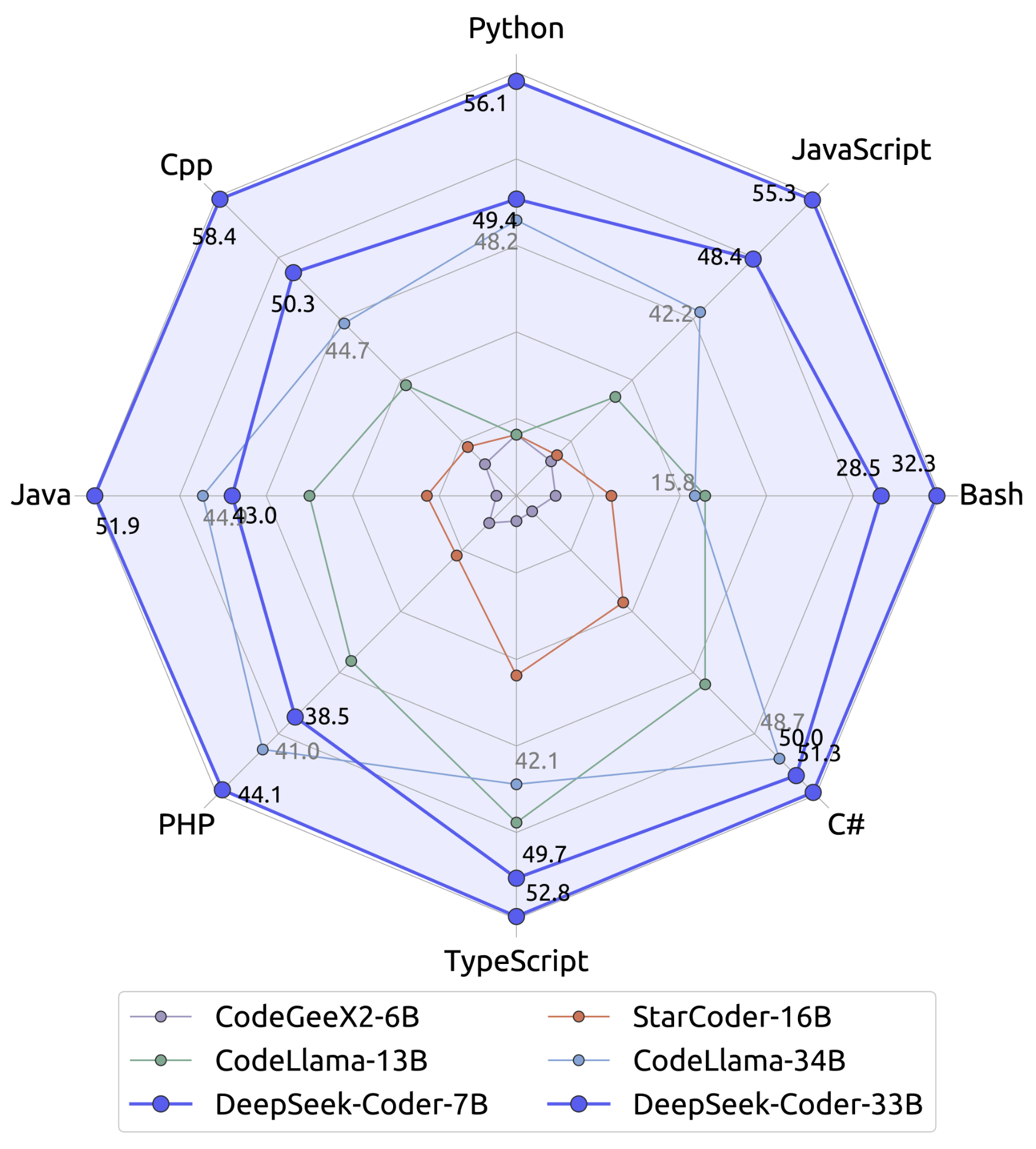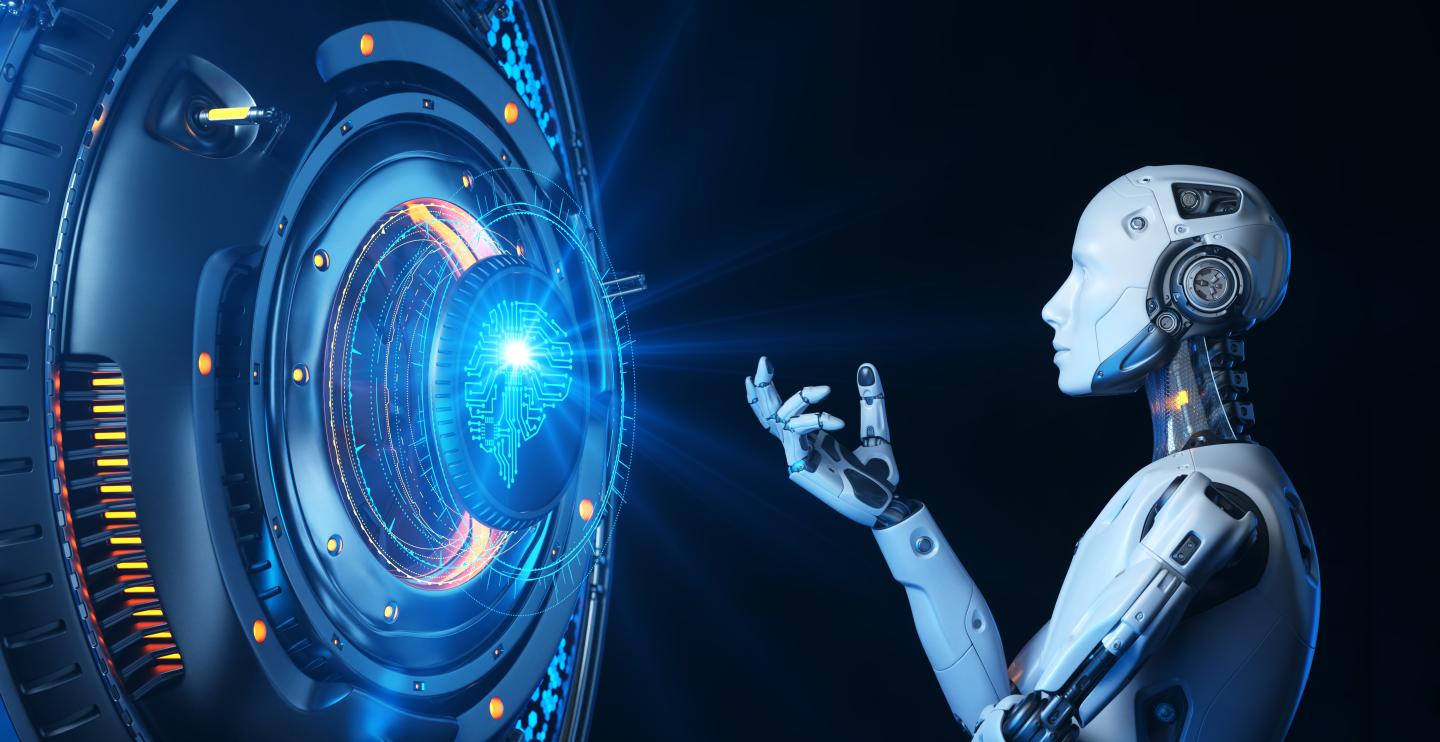
For Christmas I received an interesting gift from a friend - my really own "best-selling" book.
"Tech-Splaining for Dummies" (fantastic title) bears my name and my picture on its cover, and it has glowing evaluations.
Yet it was totally written by AI, with a few basic prompts about me supplied by my pal Janet.
It's an interesting read, and uproarious in parts. But it also meanders rather a lot, and is somewhere between a self-help book and a stream of anecdotes.
It simulates my chatty style of writing, but it's likewise a bit recurring, and extremely verbose. It may have exceeded Janet's prompts in collating information about me.
Several sentences start "as a leading innovation reporter ..." - cringe - which might have been scraped from an online bio.
There's also a mystical, repetitive hallucination in the type of my feline (I have no family pets). And there's a metaphor on practically every page - some more random than others.
There are lots of business online offering AI-book writing services. My book was from BookByAnyone.
When I contacted the president Adir Mashiach, based in Israel, he told me he had sold around 150,000 personalised books, generally in the US, given that rotating from assembling AI-generated travel guides in June 2024.
A paperback copy of your own 240-page long best-seller expenses ₤ 26. The firm uses its own AI tools to create them, based on an open source big language design.
I'm not asking you to purchase my book. Actually you can't - just Janet, who developed it, can order any further copies.
There is currently no barrier to anybody producing one in anybody's name, consisting of stars - although Mr Mashiach states there are guardrails around abusive content. Each book contains a printed disclaimer mentioning that it is fictional, developed by AI, and designed "entirely to bring humour and delight".
Legally, the copyright comes from the firm, forums.cgb.designknights.com however Mr Mashiach worries that the item is planned as a "customised gag present", and the books do not get offered further.
He wishes to widen his range, producing different genres such as sci-fi, and maybe using an autobiography service. It's designed to be a light-hearted type of customer AI - offering AI-generated products to human clients.

It's likewise a bit scary if, like me, you compose for a living. Not least because it most likely took less than a minute to produce, and it does, certainly in some parts, sound simply like me.
Musicians, authors, artists and stars worldwide have expressed alarm about their work being used to train generative AI tools that then churn out comparable material based upon it.
"We should be clear, when we are discussing information here, we actually imply human creators' life works," says Ed Newton Rex, founder of Fairly Trained, which projects for AI firms to respect developers' rights.
"This is books, this is posts, this is images. It's masterpieces. It's records ... The entire point of AI training is to discover how to do something and after that do more like that."
In 2023 a tune featuring AI-generated voices of Canadian singers Drake and The Weeknd went viral on social networks before being pulled from streaming platforms since it was not their work and they had not granted it. It didn't stop the track's creator equipifieds.com attempting to nominate it for a Grammy award. And even though the artists were phony, it was still hugely popular.
"I do not think using generative AI for innovative functions should be prohibited, however I do believe that generative AI for these functions that is trained on people's work without approval ought to be prohibited," Mr Newton Rex includes. "AI can be really powerful but let's build it ethically and fairly."
OpenAI states Chinese competitors using its work for their AI apps
DeepSeek: The Chinese AI app that has the world talking
China's DeepSeek AI shakes market and dents America's swagger
In the UK some organisations - consisting of the BBC - have selected to obstruct AI developers from trawling their online material for training purposes. Others have actually decided to collaborate - the Financial Times has actually partnered with ChatGPT developer OpenAI for instance.
The UK federal government is thinking about an overhaul of the law that would allow AI developers to utilize creators' content on the web to assist establish their designs, unless the rights holders opt out.

Ed Newton Rex explains this as "insanity".

He points out that AI can make advances in areas like defence, health care and logistics without trawling the work of authors, reporters and artists.
"All of these things work without going and altering copyright law and destroying the incomes of the nation's creatives," he argues.
Baroness Kidron, a crossbench peer in the House of Lords, is also highly versus eliminating copyright law for AI.
"Creative industries are wealth developers, 2.4 million tasks and a great deal of pleasure," states the Baroness, who is also an advisor to the Institute for Ethics in AI at Oxford University.
"The government is weakening one of its finest carrying out markets on the unclear guarantee of growth."
A federal government representative stated: "No move will be made up until we are definitely positive we have a practical plan that delivers each of our goals: increased control for ideal holders to assist them certify their content, access to top quality material to train leading AI models in the UK, and more transparency for best holders from AI designers."
Under the UK federal government's brand-new AI strategy, a national information library consisting of public data from a vast array of sources will also be provided to AI researchers.
In the US the future of federal rules to manage AI is now up in the air following President Trump's return to the presidency.
In 2023 Biden signed an executive order that intended to enhance the security of AI with, to name a few things, companies in the sector required to share information of the functions of their systems with the US federal government before they are released.
But this has now been rescinded by Trump. It remains to be seen what Trump will do instead, however he is stated to desire the AI sector to deal with less regulation.

This comes as a variety of lawsuits versus AI companies, and especially versus OpenAI, continue in the US. They have been taken out by everyone from the New York Times to authors, music labels, and even a comic.
They declare that the AI companies broke the law when they took their content from the web without their approval, and utilized it to train their systems.
The AI business argue that their actions fall under "fair use" and are for that reason exempt. There are a variety of elements which can make up reasonable use - it's not a straight-forward meaning. But the AI sector is under increasing examination over how it collects training data and whether it need to be paying for it.

If this wasn't all adequate to consider, Chinese AI company DeepSeek has actually shaken the sector over the past week. It became the many downloaded complimentary app on Apple's US App Store.
DeepSeek declares that it established its technology for a fraction of the price of the similarity OpenAI. Its success has actually raised security issues in the US, and threatens American's present supremacy of the sector.
As for me and a profession as an author, I think that at the moment, if I really want a "bestseller" I'll still need to compose it myself. If anything, Tech-Splaining for Dummies highlights the current weakness in generative AI tools for larger tasks. It is complete of mistakes and hallucinations, and it can be rather hard to read in parts since it's so long-winded.
But given how rapidly the tech is evolving, I'm uncertain the length of time I can remain confident that my considerably slower human writing and modifying abilities, are better.
Sign up for our Tech Decoded newsletter to follow the most significant developments in worldwide technology, with analysis from BBC correspondents worldwide.
Outside the UK? Sign up here.





